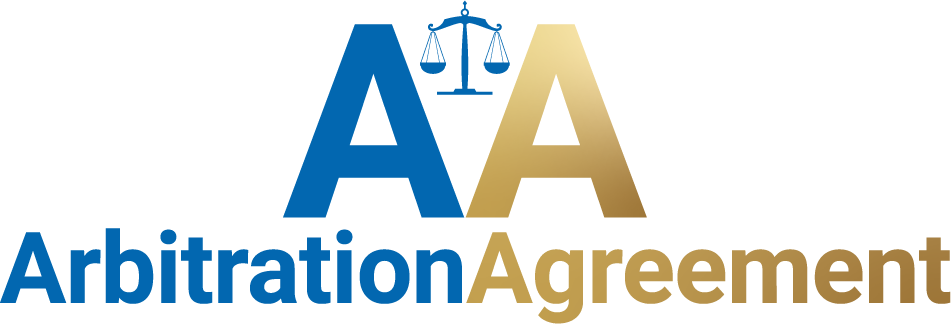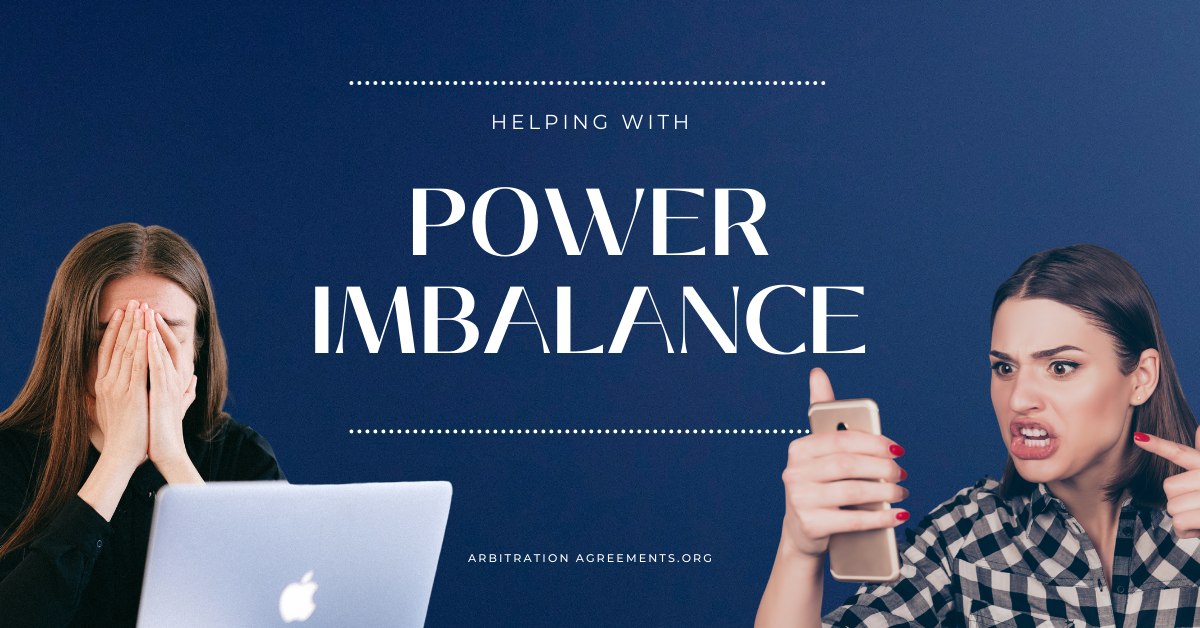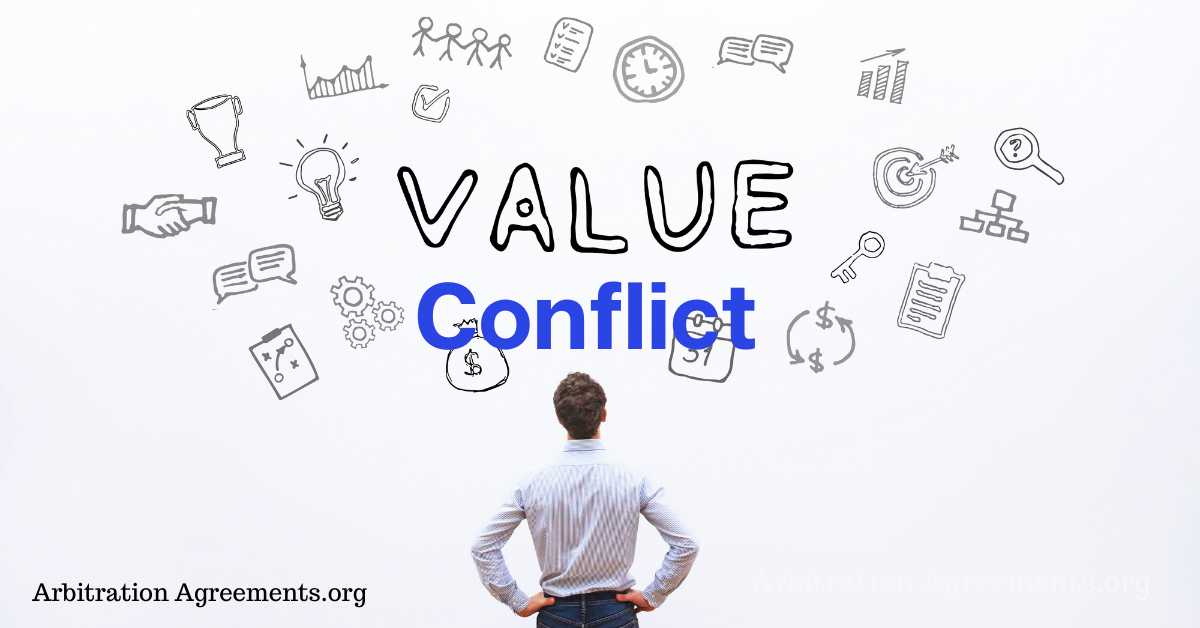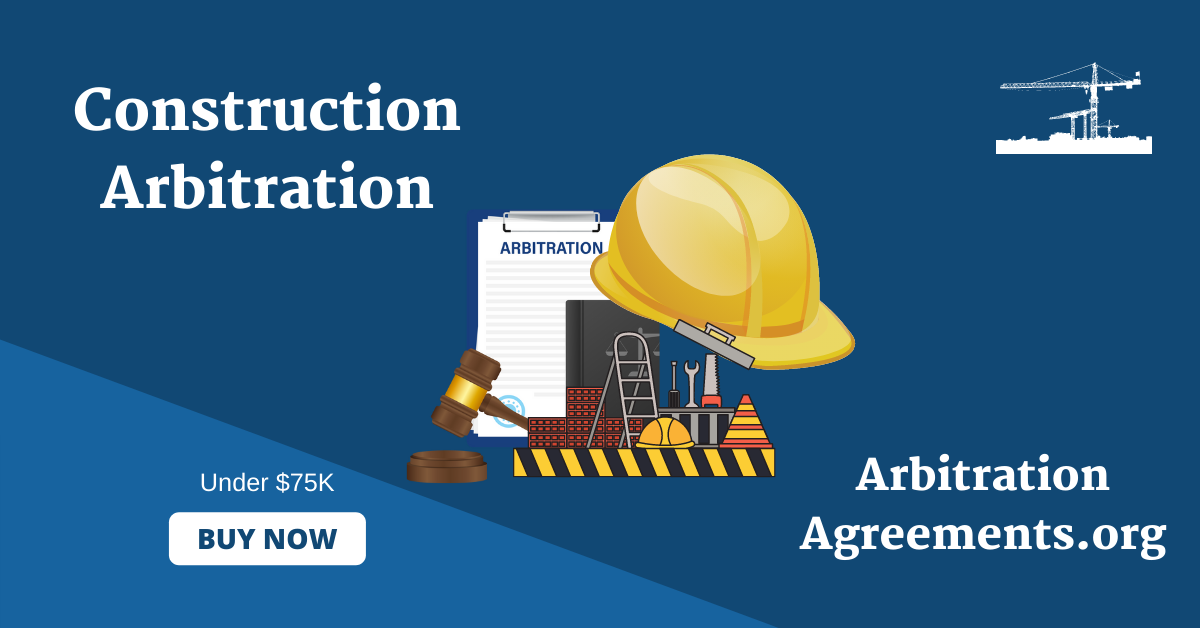Average settlement offers during mediation always vary. Why?
Because every mediation is different and unique from other mediations. Only specific terms within your case apply to a potential settlement offer. That’s why our association encourages you to give us a call right now. Within minutes, our ADR experts can assess your case and provide an estimate. (ADR refers to alternative dispute resolution.) Keep in mind that some offers begin at a high level and others start out at a low level commercial arbitration. That’s a key reason why it’s difficult to determine an average settlement offer.
Our association encourages you to seek a mediation settlement agreement. Through an agreement, your party can avoid taking part in a civil lawsuit. Mediation is fast, simple, and very cost-effective. The mediators at our firm have experience in helping parties receive ideal offers. Once again, we encourage you to call us at any time to receive a settlement estimate. Otherwise, please continue reading to learn more about settling disputes through divorce mediation.
What Does Mediating Involve?
Each mediator functions as a neutral third party. He or she specializes in assisting parties with compromising. This way, parties can employment arbitration resolve their differences through win-win solutions. As a result, the parties can avoid having to pursue lawsuits in court. Mediators spend a lot of time listening to parties negotiating. Then, a mediator can point out any weaknesses related to the negotiations commercial arbitration. But mediators do more than point out problems. They also show parties the benefits related to a potential legal solution. Mediators never force a party to agree to a settlement offer. It is up to the involved parties to agree or disagree to a proposed settlement employment arbitration.
A low cost mediation settlement is almost always more ideal than the end-result of a trial. Mediations have very high net settlements across all sorts of industries. Plus, parties do not have much control in determining the results of a trial settlement. That is never the case with any settlement in mediation arbitration form. Parties are free to work out a settlement that addresses all needs and problems. This concept applies even if a case is very complex.
The Process of Mediating
Mediation begins with two parties and a mediator coming together in a joint session. A mediator will make an opening statement and explain the mediation process. Then, both parties can make stamens labor arbitration and present their cases to the opposite parties. Some parties will decide to have attorneys present during mediation. But there is no rule that exists where a party must have a lawyer present resolution services. Next, the parties will head over to separate rooms. Oftentimes, they will remain in these rooms for the rest of mediation. This is when the mediator will travel back and forth from room-to-room. He or she will communicate settlement offers and crucial information to both parties. Sometimes the parties will go back to the original room to hold another joint session. That is where settlement terms can get worked out.
Say that the disputing parties agree to a compromise. Both parties will have to sign a settlement agreement and consumer arbitration. Many settlement agreements feature a release of liability section. This is where a plaintiff agrees to give up the right to sue the defendant. That’s because the settlement will provide a lasting resolution to the dispute arbitration company. So, what if the settlement involves a payment from one party to another party? The defendant will pay the plaintiff, on average, within a month or two. The settlement payment process is, oftentimes, faster than US court litigation. Now, let’s say that two parties fail to reach a settlement during mediation. A plaintiff can move the legal dispute to arbitration. (That is what many customers at our association do.) Or, the plaintiff can file a lawsuit in court.

More About Mediating & Settlements
Determining an average settlement offer for mediation is no easy task. In fact, it is not possible to calculate an average offer for many reasons. The first is that facts within every mediation case vary. A common mediation topic will still have a big-time variation in settlement offers small claims. Plus, the severity within any type of case cannot get predicted. This means that it’s useless to lump various cases together. The median value would not have enough accuracy arbitration association. Some offers for settlement in mediation start off very high. But there are also many lowball offers that ignore basic facts in a case.
Sure, facts will always vary in every mediation case. But there are certain variables that your party can expect in mediation. Most of the time, disputing parties start off far apart with any settlement proposal. It is almost a standard for an opposing party to reject the first proposed settlement. But this does not mean that the mediation process is often slow. Instead, mediation (and arbitration) are much faster than court arbitration litigation processes. Oftentimes, a lot of settlement progress will take place throughout a single meeting. One again, your mediator will never pick a side. That’s why you can expect to compromise on any proposed settlement. Researchers estimate that 80-92 percent of mediation cases reach a settlement. This is great news for any party that wants to avoid litigating in a courtroom.
Why Mediate Disputes? (The Benefits)
There are many benefits associated with mediating legal disputes. Control is a major factor. Mediation positions parties to maintain complete legal control. This means that they can influence the outcome of each dispute. Say that a dispute goes to US court litigation. All involved parties will lose control over the outcome of the dispute. Why? Because a finder of fact mandatory arbitration clause, the judge, will decide every single settlement term and binding arbitration clause. Here is another key benefit of the mediation process: voluntariness. This refers to parties having the ability to withdraw from mediation at any time. A party is never bound by the mediation process. That is never the case in court litigation.
Mediation also focuses on compliance. Parties have a stronger chance of resolving their dispute compared to court litigation. Why? Because a court will hand down a judgment and enforce it. Meanwhile, mediating parties can decide whether to accept an agreement. (Or, a settlement proposal.) Confidentiality is another crucial factor within any mediated dispute. Point blank: all mediations are confidential. Mediation positions parties to settle disputes without their public records involved. Now, say that a lawsuit has taken place. All parties have to file a statement confirming that information can become public. Mediation is also a fast process. Almost all mediations resolve issues faster than litigation. Litigated disputes can last months and years. Many mediated settlements take place after only one or two days.
More Information About Potential Mediated Offers
Remember, every mediated dispute and case is different. In most cases, the defendant and plaintiff approach a case with a unique perspective. That is a central reason why average settlement offers vary so much. Oftentimes, a plaintiff expects to receive as much money as he or she can. Of course, a defendant has the opposite perspective. He or she wants to save as much money as possible through the settlement.
Keep in mind that opposing sides will never walk into mediation knowing all the facts. This is the case even with mediations taking place late in the discovery process. Both sides must communicate to interpret all underlying interests. These interests will affect how each side approaches and offers the settlement. Once again, this is a key concept related to the lack of data on average settlement offers. Every mediated case is unique. The first offer is often very low or very high. It’s then up to the parties to work out a way to meet in the middle. After a few hours or days, parties often let their guard down and work out a compromise.
Getting Your Case Settled
So, how can parties get their cases settled ASAP? A first-rate strategy begins by having realistic expectations. Those expectations should relate to the unique case value of the dispute. In court litigation, it is up to a judge or jury to figure out the case value. But jurors and judges are strangers. They all have unpredictable attitudes and beliefs. That’s why it’s best to attempt to reach a settlement through mediation.
Through mediation, both parties will have immediate access to crucial information. Plus, the mediator will help the parties determine a realistic case value. The key is to keep emotions in check and concentrate on the facts. Parties should strive to communicate in a healthy, meaningful way. Through emphasizing ideal communication, any case can reach a settlement in mediation.
Is Your Party in Need of Mediating a Dispute? Contact Us Now
Please contact our association if you are in need of mediating any legal dispute. Our ADR experts are standing by to set up a custom mediation program on your behalf. This way, you can save time and money compared to litigating in a courtroom. Plus, our association also provides full-scale arbitration services. No matter what your legal disagreement involves, we’re ready to assist. Feel free to pick up the phone and give us a call right now. Or, you are welcome to message us here on our website or even send out an email. We look forward to helping you receive an ideal settlement offer ASAP.








